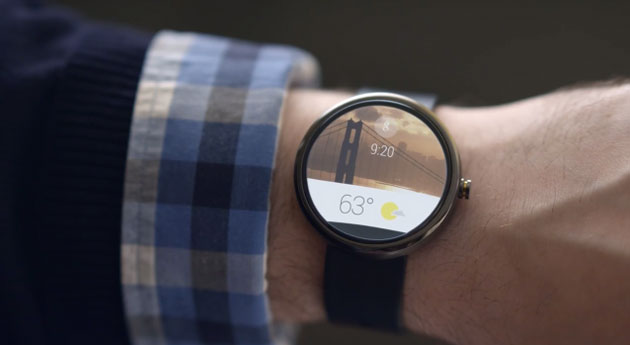
The Curious Case of Smartwatch: How It Will Change Things?
Smartwatches are attracting lot of attention this year. We have seen interesting product launches so far and the competition is intensifying by each passing day. Finally there are smartwatches that consumers would want to buy and there is no doubt that this space will be abuzz with lot of activity. It will be interesting to see if/how smartwatch will change things for us, what problems it will solve, or how it will disrupt some of the established industries.
Tech research firm IDC is bullish about the overall wearable computing market and estimates that more than 19 million devices will ship this year, triple than last year. On the other side, Forrester Research believes that wearables have short shelf life, like the MP3 players, PDAs or eReaders. They think that interest in those will rise and decline quickly as features offered by wearable devices will be duplicated by other devices, like smartphones and headphones.
Smartphones and tablets are marching towards saturation in key markets. This is troubling OEMs as the growth rates have slowed down (IDC expects single digit growth by 2017) and grabbing the last narrow percentage of market share is always difficult and costly. Will the smartwatch breathe some new life into this market? Many smartphone manufacturers are hoping that it will help revive the market or create a new one. Irrespective of how it works out, it is clear that these companies are gearing up for the next big trend in technology.
I believe that smartwatch is no longer a useless gadget for a typical consumer. When my tech enthusiast colleague bought a smartwatch, initially he felt little odd while checking emails, messages and calls on the watch. However as he got used to it, the added convenience was notable. The watch can now do much more than just showing time, and can potentially support numerous other applications, like contextual updates, NFC, mobile money, navigation, health and fitness, and so on.
Smartwatches will be both useful and trendy and if offered with right price tag they are likely to cause market disruption. A smartwatch with built in network, GPS and other sensors would cater to many use cases and potentially eat market share of some of the existing gadgets, like fitness wearables.
The capabilities and form factors of these devices are evolving dramatically. The recent advances in technology, like curved displays, wireless charging, and operating systems like Android Wear, are enabling OEMs make useful and cool products. There will be lot of innovation happening even from the developer community in the form of apps that we have never seen before.
Just to illustrate it further, following is Google’s version of what smartwatches with Android Wear can do for you.
- Useful information when you need it most: Android Wear shows you info and suggestions you need, right when you need them. The wide variety of Android applications means you’ll receive the latest posts and updates from your favorite social apps, chats from your preferred messaging apps, notifications from shopping, news and photography apps, and more.
- Straight answers to spoken questions: Just say “Ok Google” to ask questions, like how many calories are in an avocado, what time your flight leaves, and the score of the game. Or say “Ok Google” to get stuff done, like calling a taxi, sending a text, making a restaurant reservation or setting an alarm.
- The ability to better monitor your health and fitness: Hit your exercise goals with reminders and fitness summaries from Android Wear. Your favorite fitness apps can give you real-time speed, distance and time information on your wrist for your run, cycle or walk.
- Your key to a multiscreen world: Android Wear lets you access and control other devices from your wrist. Just say “Ok Google” to fire up a music playlist on your phone, or cast your favorite movie to your TV. There are a lot of possibilities here.
It is little early to predict exactly what impact smartwatches will bring and which industries they will disrupt. However, with a right approach, smartwatches can potentially become game-changers in the dynamic mobile ecosystem. What do you think?
Images: engadget, techcrunch

